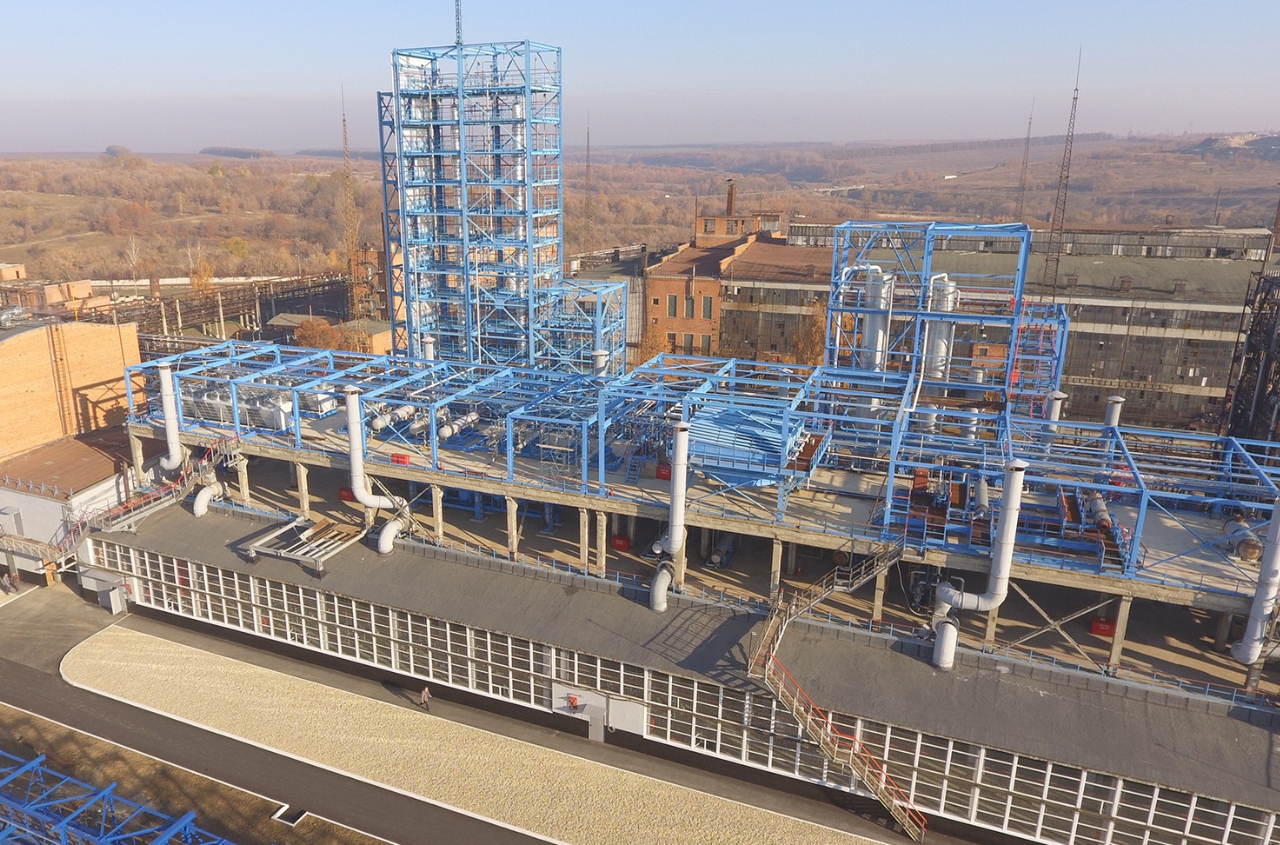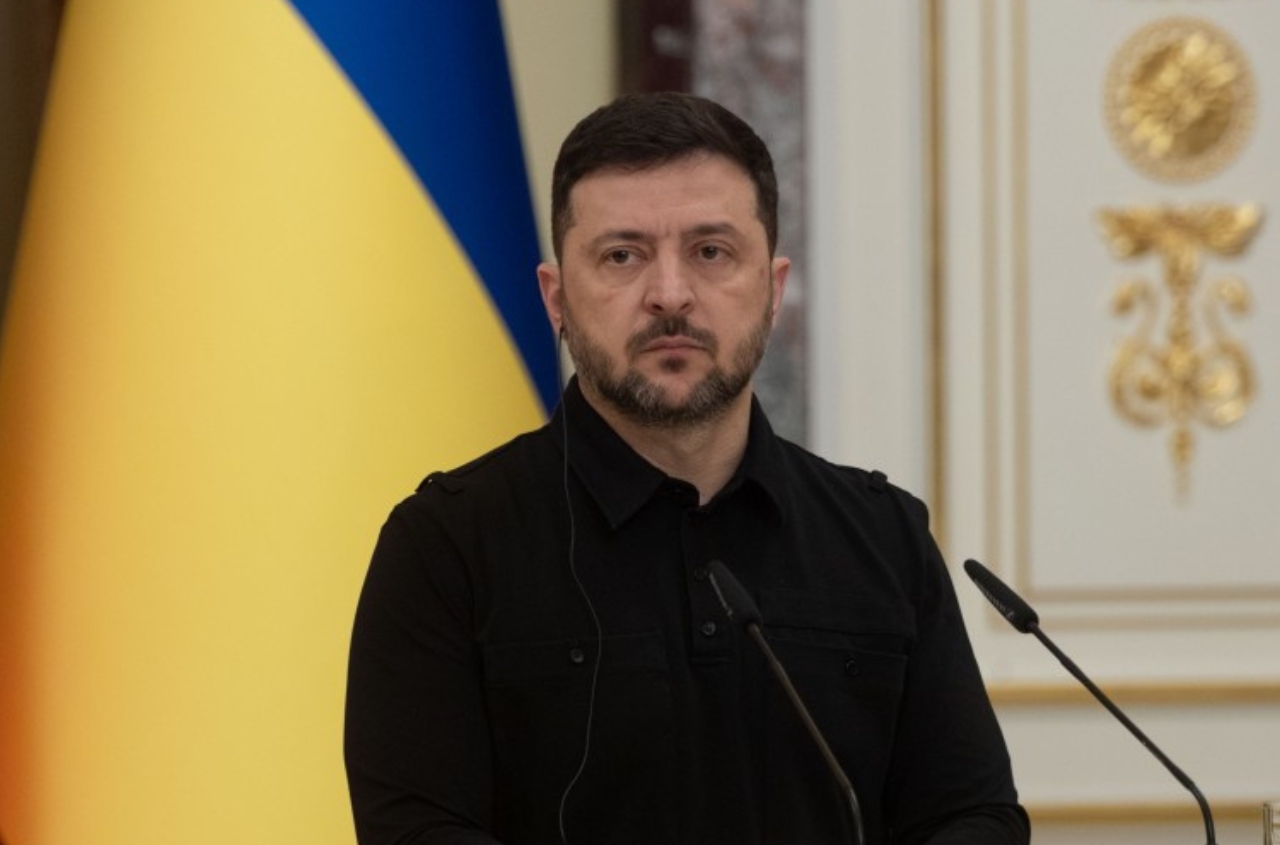Russia has significantly increased the number of cyberattacks on Poland’s critical infrastructure amid rising tensions in bilateral relations, TVP World reports.
According to Poland’s Minister of Digital Technologies Dariusz Standerski, between 20 and 50 facilities — including hospitals and water supply systems — come under attack every day. Some of these incidents were successful: two or three led to the temporary closure of medical institutions and data theft, although most attacks were repelled.
The cyberthreat has forced the Polish government to substantially increase cybersecurity funding — from €600 million last year to a record €1 billion in 2025. Officials say Poland is the main target of Russian cyberattacks in the EU, although the country manages to block about 99% of intrusion attempts.
Last month, Russian hackers launched a major operation aimed at disrupting the water supply of one of Poland’s ten largest cities. Minister Standerski declined to name the city for security reasons but confirmed that attackers had penetrated the facility’s IT network, though a water outage was avoided. In response, the government allocated €80 million to strengthen cyberdefenses of water management systems, part of a broader program to protect infrastructure in 2,400 local administrations across the country.
In addition, the Russian enclave of Kaliningrad, bordering Poland and Lithuania, poses a growing threat as it is used to jam GPS signals affecting aircraft operations. Over the past year, Poland has recorded up to 30 such incidents. According to Standerski, Russia’s goal is not to target specific planes but to create large-scale disruptions: “We see that sometimes it’s just noise within the signal, but sometimes there’s no signal at all,” he noted.
Thus, against the backdrop of geopolitical tensions, Poland faces intensified Russian cyberactivity, forcing the state to mobilize significant resources to protect critical infrastructure and ensure public safety




















